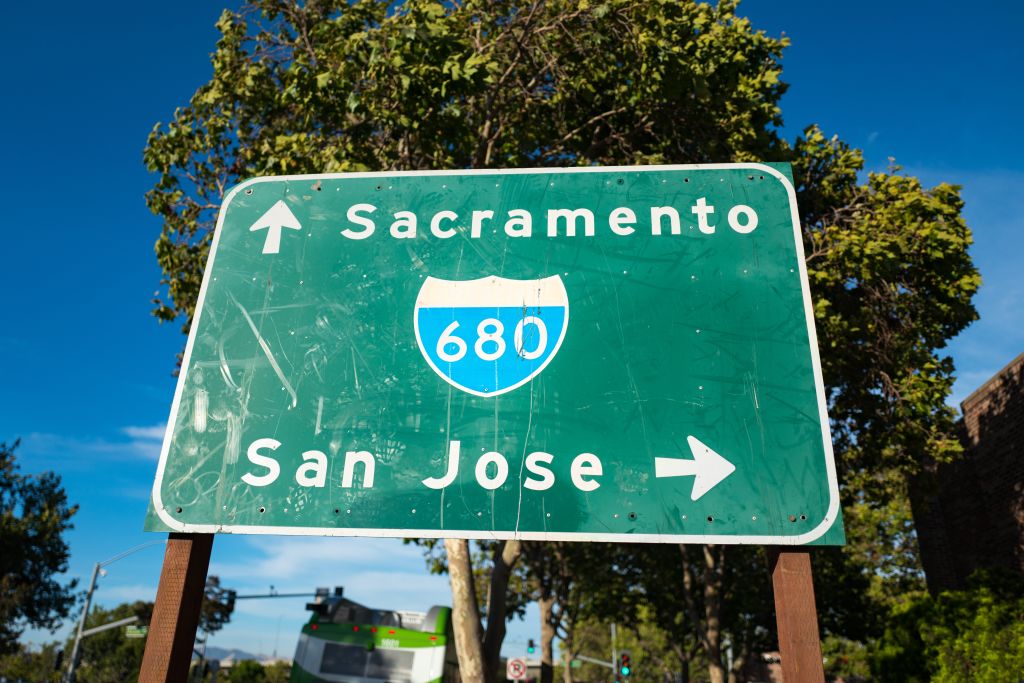The state's independent budget analyst said Friday that California will take in $3.2 billion more in tax revenue than Gov. Jerry Brown estimated, providing Democratic lawmakers an argument to funnel more money into state programs and setting up a spending showdown with the administration.
The Legislative Analyst's Office released its assessment of Brown's revenue and spending plan just days after the governor's budget update for the fiscal year starting July 1.
It said the administration's figures do not reflect the improving economy, including higher capital gains from stock sales. "We do not agree with the administration's view that there has been a significant dimming of the state's near-term economic prospects,'' the analyst wrote.
Assembly Speaker John Perez, D-Los Angeles, said the new revenue number should not be interpreted "as an automatic green light to increase spending'' and noted that paying down debt and building a reserve fund should be a priority. But Perez also said there is substantial pressure from Democratic lawmakers and advocates to restore programs that were reduced or eliminated during the recession when the state dealt with multibillion dollar deficits year after year.
Brown proposed a $96.4 billion spending plan for the coming fiscal year on Tuesday. He wants to funnel more money to K-12 schools but limit state obligations to ongoing programs. The governor had projected that the economy would not recover as fast, partly because of federal government spending cuts and higher payroll taxes.
His administration also predicted lukewarm wage growth. Legislative Analyst Mac Taylor wrote that Brown's forecast does not take into account recent gains from the soaring stock market. Even if stocks remained flat the rest of 2013, it "would provide a boost to state revenue collections in the coming months,'' he wrote.
The report also gave revenue adjustments from previous years, which translate into $400 million more for the current fiscal year. The higher projections for the coming fiscal year will mean an additional $2.8 billion than what the governor had proposed for the 2013-14 budget.
Local
The Brown administration said the budget should not be balanced on capital gains, which is the state's most volatile revenue source.
"A budget that relies on higher capital gains exposes the state to significantly greater risk, and could jeopardize the fiscal progress that has been made over the past two years,'' said H.D. Palmer, the governor's finance spokesman.
Despite his higher forecast, the legislative analyst aligned with the governor in recommending that lawmakers adopt a cautious budget given the boom-and-bust cycles common in California. The state's improving fiscal condition provides an opportunity to tackle long-term debt, including unfunded retirement benefits for state employees and teachers, he noted.
Taylor told reporters Friday that the bulk of the extra tax revenue is required to fund education, leaving lawmakers few options for other state programs. ``We need to be disciplined. We dug out of a big, deep hole, and the last thing we want to do is start another one,'' he said.
``I think the governor is wise in being very cautious in making additional commitments until we're sure that additional money has come in.'' Republican Sen. Bill Emmerson of Redlands said he hopes the governor will live up to his promise to be restrained in spending, even in the face of pressure from members of his own party.
He also noted that the campaign for Proposition 30, the successful tax increase Brown championed last year, said the extra tax revenue would benefit K-12 schools.
"Regardless of who is right, we should keep the promise to voters that any new money goes to education,'' said Emmerson, who is vice chairman of the Senate Budget Committee. Any extra money not going to education should go into a rainy day fund, as the legislative analyst suggests, he said.
While Brown has pledged to maintain fiscal restraint and build a cash reserve, Democratic lawmakers have said they want to spend additional revenue to make up for years of budget cuts on programs serving women, children and the poor. Perez has proposed increased spending on child care services for the poor and giving more college assistance to middle-class families.
Other Democrats are pushing to restore a wide array of safety-net programs, including adult dental care for the poor and mental health care. Doctors, hospitals and other health providers want the state to end a 10 percent Medi-Cal reimbursement rate cut. And children's and health advocates are pushing to restore health care services, if not expanded to all Californians.



